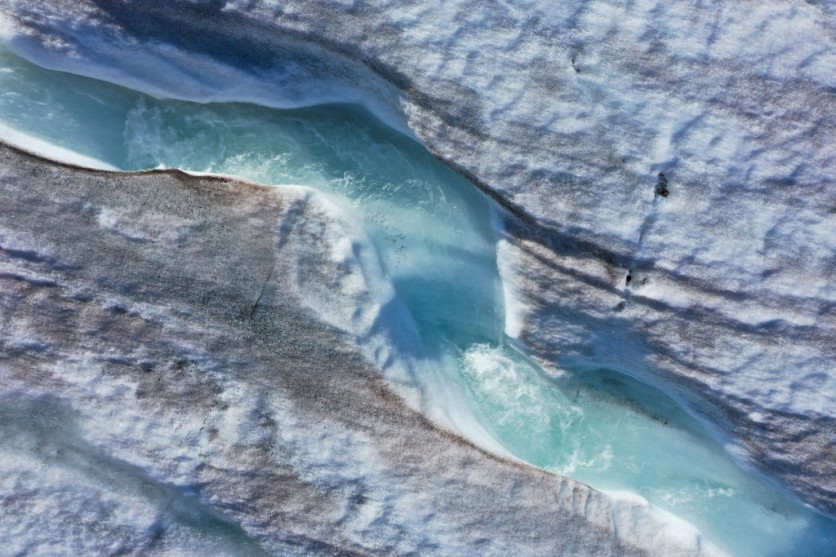Scientists in the Arctic are set to conduct saving samples of ancient ice for analyzing previous environmental conditions. This effort was called a race against time before the frozen layers melt away due to climate change.

Saving Ancient Ice Samples from Melting
Researchers from Italy, France, and Norway have set up camp on Norway's Svalbard archipelago to save samples of ancient ice. The Straits Times reported that the scientists are taking this effort to save samples before climate change melts away the ancient ice samples from frozen layers.
Ice Memory Foundation Vice Chairman Carlo Barbante stated that this study aims to recover and preserve for future generations of scientists. "These extraordinary archives of our Planet's climate before all the information they contain is completely lost."
Scientists were warned by experts that as the ice melts from the heat, it affects the whole research study process as it alters geochemical records preserved in ancient ice. Ice Memory Foundation President Jerome Chappellaz stated that they "are seeing their primary material disappear forever from the surface of the planet."
[Press release] Saving the ice memory of Svalbard’s glaciers where global warming impacts are going 4 times faster
— Ice Memory Foundation (@icememory_) April 3, 2023
❄ The #IceMemory Foundation launches its 8th drilling operation participating in the Sentinel project expedition on Holtedahlfonna icefield https://t.co/giGtDxRwE0 pic.twitter.com/fZ2JBdCjr7
Along with the eight Arctic scientists, Chappellaz also runs the operation. He added that through this study, it is their responsibility to make sure that the ancient ice is preserved as they are the glaciologists of this generation.
Also Read : Scientists Dissect 3,500-Year-Old Bear, Found in Siberian Permafrost as Perfectly Preserved
ABC reported that human-caused carbon emissions have made the planet to warm by 1.1 degrees Celsius since the 19th century, with Arctic warming between two and four times faster than the global average.
Conducting the Operations
Based on a report from Phys.org, the researchers have already set up camp at an altitude of 1,100 meters on the "crevasse-ridden" Holteedahlfonna ice field and will conduct the operations on Tuesday. They will work for three works in a temperature of minus-25C, as they cut down a series of ice each one meter long and 10cm wide.
The ice will be extracted in a series of tubers from as far as 125m below the surface, which contains frozen geochemical traces all the way from three centuries back. The scientists will analyze the saved samples to provide valuable data regarding past environmental conditions.
Saved samples of ice tubes will be used for immediate analysis while a second set will be sent to Antarctica for storage in a sanctuary under the snow, dedicated to ice memory. This is where the samples will be preserved for future generations of scientists to study years from now.
This mission costs $1.1 million and was partly funded by the Italian research ministry, and was followed by a series of early ice core operations by the same foundation, including the one in the Alps and the Andes.
Related Article : Arctic Climate Crisis Allowed New Maritime Routes, Shipping Emissions Accelerates Ice Melt

ⓒ 2025 TECHTIMES.com All rights reserved. Do not reproduce without permission.




